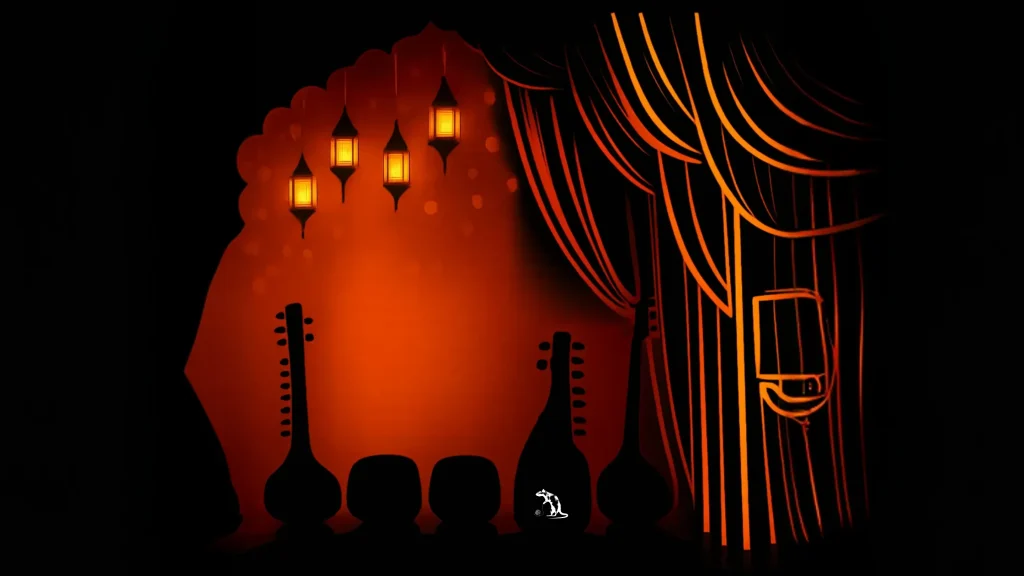To call it out is to join it
There is a strange phenomenon happening in the digital age, where critique becomes a commodity, and even rejection is repackaged into the very system it opposes. What once felt like resistance now looks like another genre within the algorithm. Posts that aim to call out the fakeness of social media, whether it’s curated healing, aesthetics of self-love, or branded empowerment, have themselves become trends. The vocabulary of rebellion has been absorbed. Words like “performative,” “algorithm,” “authenticity,” and “ego death” now appear not only in critiques but in neatly designed carousel posts, whispered voiceovers, and soft-toned captions. The act of naming the performance has, ironically, become a new kind of performance.
The algorithm doesn’t just show us what we want. It learns our rebellion and packages it. You post against the trend, and that post becomes the trend. You critique the machine, and the machine makes room for your critique because our rage, irony, and vulnerability are simply new data streams to mine.
Under platform capitalism, even negation must be monetized. The algorithm has figured out how to profit from our rejection of it. And we’ve learned how to perform the rejection in the format it rewards.
Even rebellion has a filter now. Even honesty has a tone it must obey. Rawness is no longer raw; It is a curated genre. The messy notes, shaky voiceovers, and vulnerable confessions, once acts of defiance, are now recognizable aesthetics, optimized for shares. What starts as an act of truth quietly begins to mirror the same patterns of visibility and engagement. It’s not about whether something is honest. It’s about whether that honesty is algorithm-compatible.
What makes this more complex is that the impulse to be real is often sincere. People want to speak from the outside, to challenge the curated culture, to expose the system. And yet when that exposure becomes a carousel post with 100k saves, it becomes part of the system. It’s hard to tell whether someone is being honest or just rehearsing realness. Anti-performers become performers of non-performance. I try to break the illusion, but my writing becomes content. I try to burn the house down, and the fire becomes a brand.
This paradox shows up even more clearly in personal and spiritual spaces, especially in the world of healing, detachment, and identity. Many speak of dissolving the ego, of stepping outside the self. But even that becomes a subtle performance. I want to dissolve myself, but I still want to be known for dissolving. I want to let go, but I still want someone to notice I let go. Ego death is just ego in another outfit. The desire to disappear often carries with it a quieter desire to be witnessed disappearing.
And how do you not perform when you’re on stage? There is no true “outside” anymore. Even silence is stylized. Even detachment gets documented. Even minimalism becomes content. The system doesn’t just absorb culture, it absorbs critique. And it does so with terrifying ease.
Maybe part of the reason this entire phenomenon exists is that it’s easier to perform the correct values than to practice them. It’s easier to be publicly aligned with justice, authenticity, and awareness than to confront your contradictions and change your private habits. The culture of performance thrives when we outsource responsibility, when we focus more on policing society than on examining how we participate in the very systems we critique.
Becoming part of the noise, no matter how righteous the message, does little to change the underlying problem. It can delay change, because it gives the illusion of action without requiring any internal shift.
It’s easier to post a reflection than to live it.
There may not be a straightforward solution to any of this. Maybe the point is not to escape the paradox, but to hold it to speak despite knowing our words may be flattened into content, because silence changes nothing. Maybe this piece, too, will become a performance. Maybe someone will read it, relate to it, and repost it. Maybe it’ll be cropped, quoted, shared in a carousel titled ‘The Algorithm Is Eating Us.’ Maybe even this honesty is just another genre. And maybe that’s the most honest thing I can admit.



